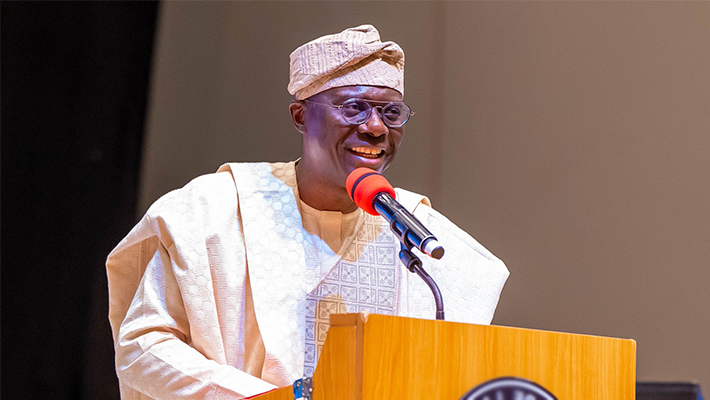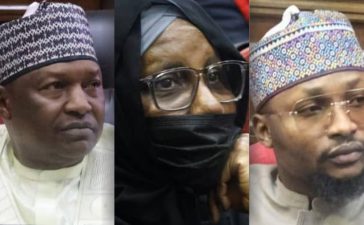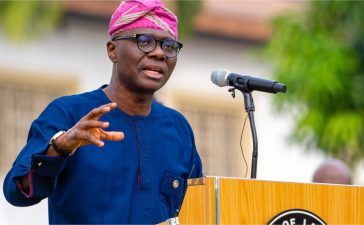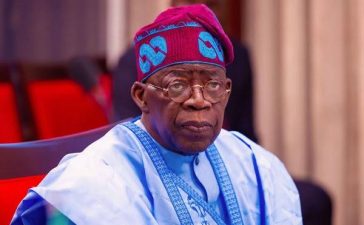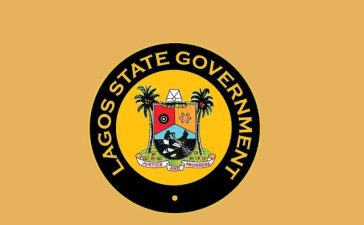The Lagos State Government has taken a significant step toward transforming the Ibeju-Lekki corridor with the unveiling of a 20-year urban development strategy, the Ibeju-Lekki Model City Plan (2024–2044). This initiative is part of a broader vision to establish the area as a vibrant, inclusive, and globally competitive urban hub.
On Friday, during the final stakeholders’ meeting at the Lekki Local Council Development Area (LCDA) Secretariat, the Commissioner for Physical Planning and Urban Development, Oluyinka Olumide, presented the plan. He emphasized its alignment with Governor Babajide Sanwo-Olu’s T.H.E.M.E.S+ Agenda, which focuses on building a modern, resilient Lagos.
The Model City Plan is a product of the government’s review of the existing Lekki Comprehensive Master Plan. It was redesigned specifically to address the unique development challenges and opportunities in the Ibeju-Lekki area.
According to Mr. Olumide, the plan supports the development of sectors such as agriculture, tourism, blue economy, and marine activities, while also emphasizing social inclusion, youth empowerment, and technology integration. Notable infrastructure projects—including the Dangote Refinery, Lekki Free Trade Zone, Lekki Deep Seaport, and Alaro City—are central to this vision.
In a related development, the Lagos State Government has extended removal notices to property owners whose buildings encroach upon the Ikota River setback zones. Affected areas include Oral Estate, Westend, Megamounds, and Lekki. The notice follows the government’s intensified focus on urban regulation and flood prevention.
The next stage in the planning process will see the public inspection of the Draft Ibeju-Lekki Model City Plan, allowing residents and stakeholders to review and contribute to the proposal.
With these measures, the government seeks to create an environment where residents can “live, work, play, and thrive” in a secure and sustainable community.

